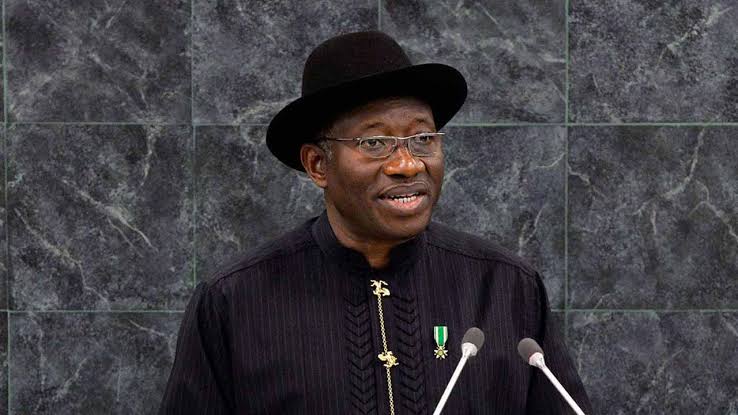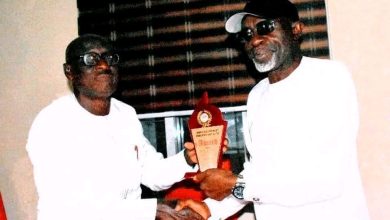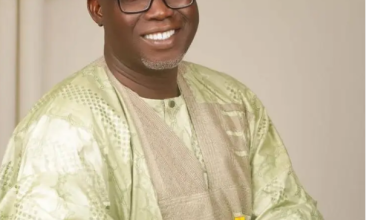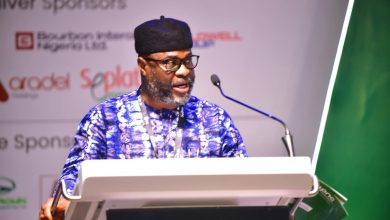Jonathan held back fuel subsidy removal over Boko Haram fears — Sanusi

The Emir of Kano, Muhammadu Sanusi II, has revealed that former President Goodluck Jonathan’s administration abandoned plans to fully remove Nigeria’s fuel subsidy in 2011 due to growing security threats from the Boko Haram insurgency.
Speaking at the Oxford Global Think Tank Leadership Conference in Abuja on Tuesday, Sanusi, who was the Central Bank of Nigeria (CBN) Governor between 2009 and 2014, said the government’s hesitation at the time stemmed from fears of mass casualties amid nationwide protests.
According to him, the administration opted for a partial subsidy removal after intelligence reports warned of potential attacks on demonstrators.
“The only reason the government compromised and removed only about 50 per cent of the subsidy was Boko Haram.
“There were protests across major cities like Lagos, Kano, and Kaduna, and there were concerns that a suicide bomber could infiltrate the crowd, killing hundreds. The government could not risk that, ” he said.
Sanusi maintained that Nigeria’s current economic struggles trace back to the failure to act decisively over a decade ago.
“If Nigerians had accepted the subsidy removal in 2011, there would have been hardship, but it would have been nothing compared to what we face today.
“The delay in taking that step is what created the deeper pain the country now endures, ” he said.
He added that the CBN had projected the likely economic impact at the time, insisting that inflation would have only temporarily increased before stabilising.
“We ran the numbers at the Central Bank. Inflation would have risen from 11 per cent to 13 per cent, but I assured the government that we could bring it down within a year.
”If the decision had been made then, Nigeria would not be grappling with inflation above 30 percent today, ” he said.
The Emir commended Jonathan for his initial determination to proceed with the reform, despite immense public and political pressure.
“You have to give President Jonathan credit. He wanted to implement the policy, but in the end, he compromised to protect lives, ” he said.
Sanusi also reflected on the irony of political figures who once opposed the policy later being forced to implement it.
“It’s a kind of poetic justice. Those who led the Occupy Nigeria protests eventually had to face the same problem when they came into power, ” he added.
Fuel subsidy was first introduced in the 1970s to cushion the impact of rising oil prices and maintain affordable energy costs.
Over time, however, it became a massive financial burden, consuming billions of dollars annually.
On May 29, 2023, during his inauguration, President Bola Tinubu declared an end to the subsidy regime, describing it as “unsustainable.”
The decision, though supported by international financial institutions, triggered a sharp spike in fuel and food prices, worsening inflation and deepening poverty levels.
By 2024, Nigeria’s inflation rate had surged past 30 per cent, while nearly half of the population slipped below the poverty line.
Economists remain divided on the move: critics argue it intensified hardship for citizens, while supporters believe it was a necessary sacrifice to stabilise public finances and lay the groundwork for long-term recovery.



